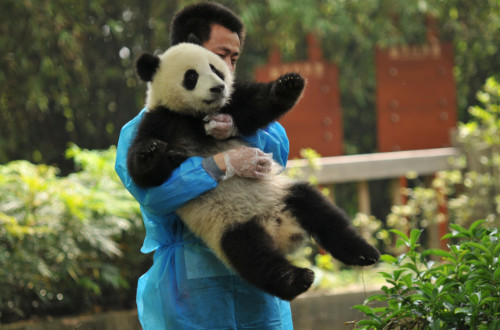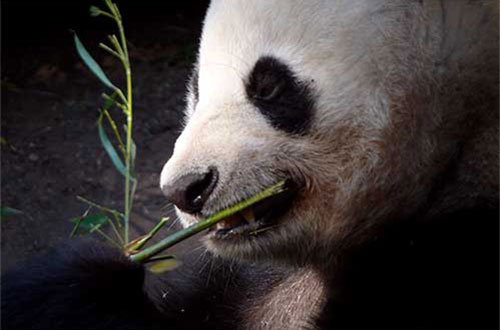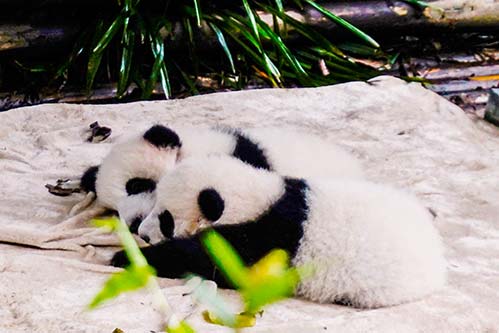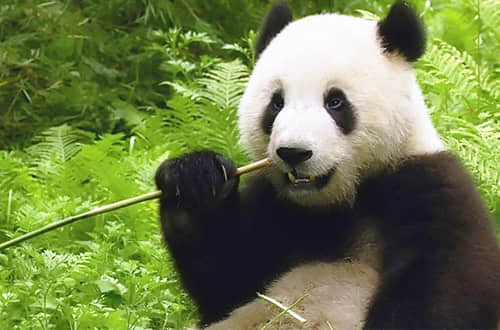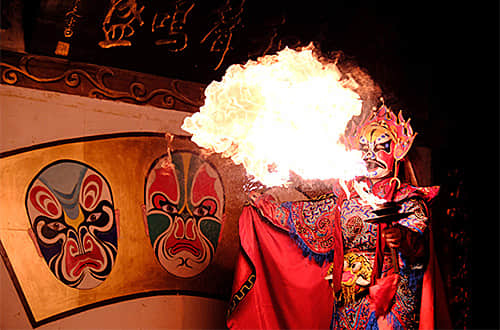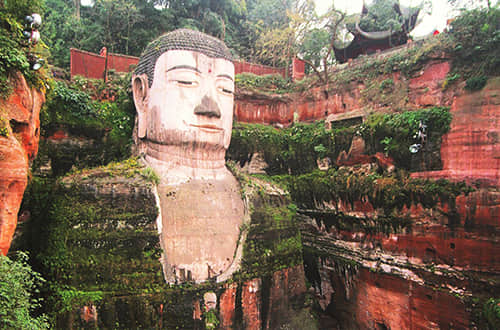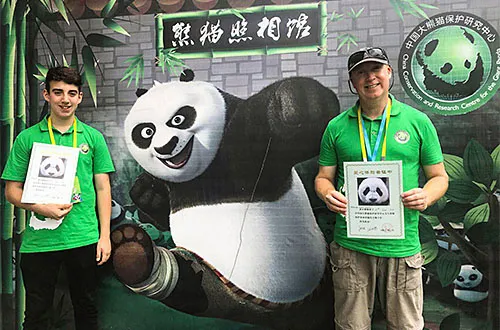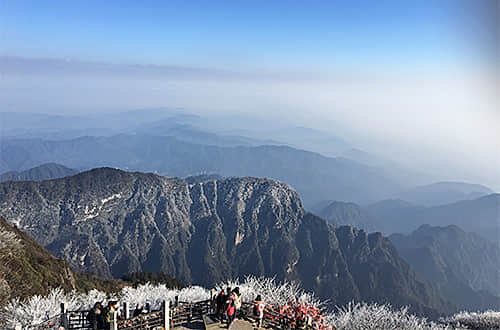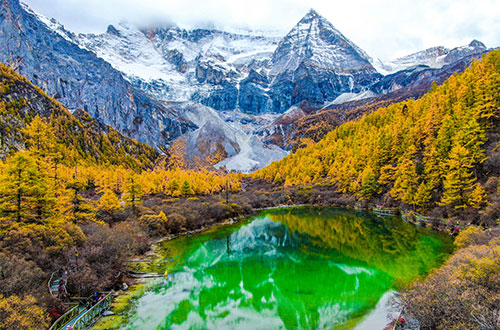
Frequently Asked Questions About Chengdu Tours
Why visit Chengdu?
Chengdu, founded in the early 4th century BC, is the capital city of Sichuan Province and the main hub of southwestern China. It hosts 20 consulates and about 300 Fortune 500 Companies have established branches there. Chengdu as a unique city as it is a combination of the ancient and modern; from the ancient Leshan Buddha to the Giant Panda research facilities. Bordering the Tibet plateau, Chengdu also boasts the famous holy mountain Emei, traditional Tibetan villages, and the Jiuzhaigou Valley. Culturally, Chengdu is renown for Sichuan cuisine, andits famous historical sites, like the Sanxingdui Archeological Museum, and Wuhou Temple. Traveling to Chengdu will definitely ensure you have a memorable experience.
Whatever you want to experience, we are here to help! Click here to create your unique Chengdu Highlights Tour!
When is the best time to visit Chengdu?
Spring (March to May) and Autumn (September to November) seasons.
What are the must-visit attractions in Chengdu city?
Kuanzhai Alley, Jinli Old Street, Chengdu Museum, Wu Hou Temple, Du Fu Thatched Cottage, Chengdu Research Base of Giant Panda Breeding, Chengdu Renmin Park, Jinsha Site Museum, Wenshu Yuan Monastery, Chunxi Road.
How to reach the main attractions in Chengdu?
Chengdu has convenient transportation options, and visitors can choose from various means of travel such as the subway, buses, and taxis. Major attractions like Chunxi Road, Jinli old street, and Wuhou temple can be directly accessed by subway or bus.
What attractions do you recommend for traveling in Sichuan from Chengdu?
Leshan Giant Buddha, Dujiangyan Panda Base, Wolong Giant Panda Nature Reserve, Ya'an Bifengxia Panda Base, Sanxingdui Museum, Dujiangyan Irrigation System, Mount Emei, Qingcheng Mountain, Jiuzhaigou Valley, Yading and Daocheng, Mount Siguniang, Kangding, Yala Snow Mountain
What are some famous dishes in Chengdu, and how can one avoid food allergies or discomfort?
Chengdu is famous as a culinary capital, primarily known for its Sichuan cuisine, which is characterized by its bold and spicy flavors. Some must-try dishes in Chengdu include Sichuan hot pot, chuan chuan (skewers), dandan noodles, boiled chicken in spicy sauce (bo bo ji), Mapo tofu, Kung Pao chicken, and Fuqi feipian (a spicy sliced beef and tripe dish).
Sichuan cuisine often uses a variety of seasonings, such as Sichuan peppercorns, bay leaves, MSG, soy sauce, and cinnamon. Some snacks may also contain nuts, such as peanuts and walnuts. Visitors should be cautious about their allergens when trying local dishes.
In this article, titled "How Can I Travel Safely if I Have Allergies?", we have provided several bilingual allergy prevention cards in both Chinese and English. If needed, you can download or print these cards to show to restaurant staff, ensuring that the food you order does not contain allergens.
Where can I find traditional tea houses in Chengdu?
Recommended Traditional Tea Houses in Chengdu:
He Ming Tea House (Renmin Park Branch)
Address: Inside Renmin Park, Citang Street
Guanyin Ge Old Tea Housebr
Address: No. 62, Mashi Ba Street, Peng Town, Shuangliu District
Tea House Inside Wenshu Monastery
Address: No. 66, Wenshu Monastery Street, Qingyang District (inside Wenshu Monastery)

